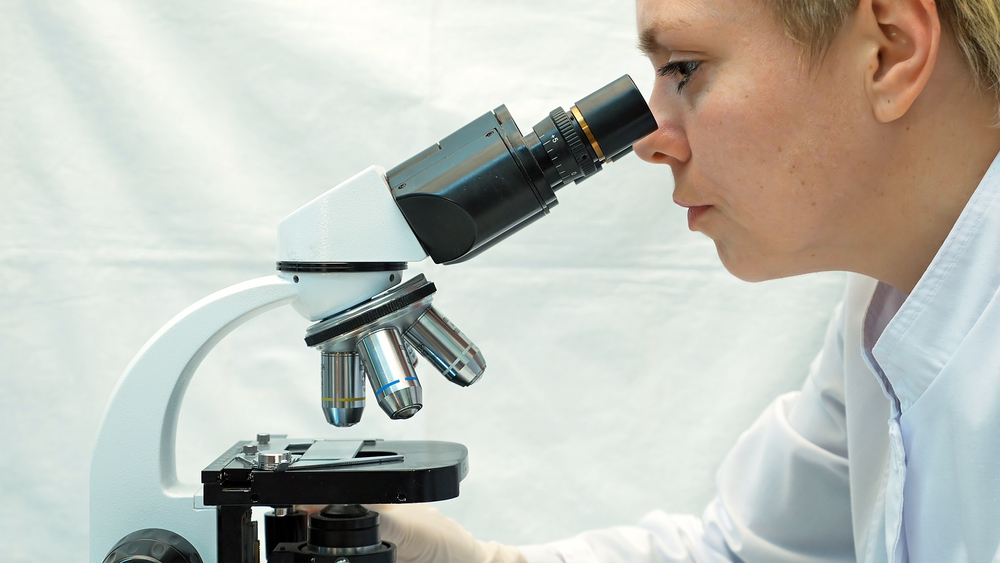FAST Awards $3M to UC Davis Scientists Seeking Better AS Treatments
Written by |

Supporting efforts to find effective treatments for Angelman syndrome (AS), the Foundation for Angelman Syndrome Therapeutics (FAST) has awarded two UC Davis MIND Institute scientists a $3 million grant.
The recipients are Jill Silverman, PhD, associate professor in the Institute’s department of psychiatry and behavioral sciences, and David Segal, PhD, professor of biochemistry and molecular medicine and a UC Davis Genome Center faculty member.
The neurodevelopmental disorder occurs in one in 15,000 births and is caused by a missing or malfunctioning UBE3A gene, which plays an essential role in nervous system functions. The disease chiefly causes intellectual and physical disabilities, including speech delays.
Current Angelman treatments focus on controlling seizures and managing the disease’s physical and behavioral symptoms. Epilepsy is commonly associated with Angelman.
The two University of California researchers will use the funding to pursue effective therapies. Specifically, the duo will investigate whether existing medicines developed for other conditions work in Angelman, and will screen for new treatments.
The grant also will support the creation of infrastructure to be used for testing therapeutic candidates in AS animal models. In addition, it will fund the screening of compounds in brain neurons, or nerve cells, to determine what can activate the UBE3A gene. The researchers also will explore potential therapies that are not UBE3A-based, as well as more ways to manage symptoms.
The award builds on the collaboration between Segal’s laboratory, which specializes in molecular analysis, and Silverman’s team, which has expertise in behavioral research. The partnership will enable the rapid testing of new compounds in cell, tissue, and Angelman animal models.
‘‘The close collaboration between our labs, the ongoing collaborations with other investigators at UC Davis and the support of MIND’s Intellectual and Developmental Disabilities Research Center (IDDRC) provide the right combination to ensure that the experiments will be performed in a comprehensive and timely manner,” Silverman said in a press release.
She and her team test the safety and efficacy of prospective Angelman treatments on animal models, particularly in symptomatic areas of cognition, gross and fine motor impairment, sleep problems, and seizures.
“While the technologies exist to test many therapeutics in cells and live animal models, the federal funding agencies are not always able to support such testing for the thousands of rare disorders,” Segal said. “That’s where patient advocacy groups such as FAST step in.”
Previous FAST funding allowed Segal’s lab to produce proteins that could turn on the UBE3A gene in mouse models of Angelman. Along with other FAST-funded researchers, both labs worked to create and characterize a new rat model of Angelman involving total deletion of the UBE3A gene. The model was generated using the CRISPR-Cas9 gene-editing system, which allows genes to be cut at any desired location — a custom genetic modification.
“FAST is enormously excited to fund the laboratories of Dr. Segal and Dr. Silverman to build a solid research infrastructure that can thoroughly evaluate multiple potential therapeutics for the treatment of Angelman syndrome,” said Paula Evans, FAST founder and chair. “We are so appreciative of their personal and professional commitment to improving the lives of individuals with Angelman syndrome.”
The foundation is the largest non-governmental funder of Angelman research.





